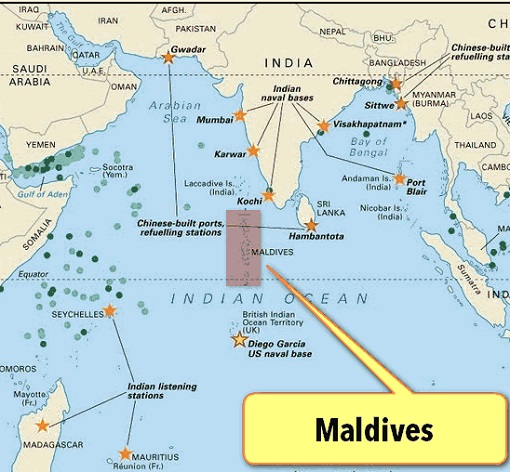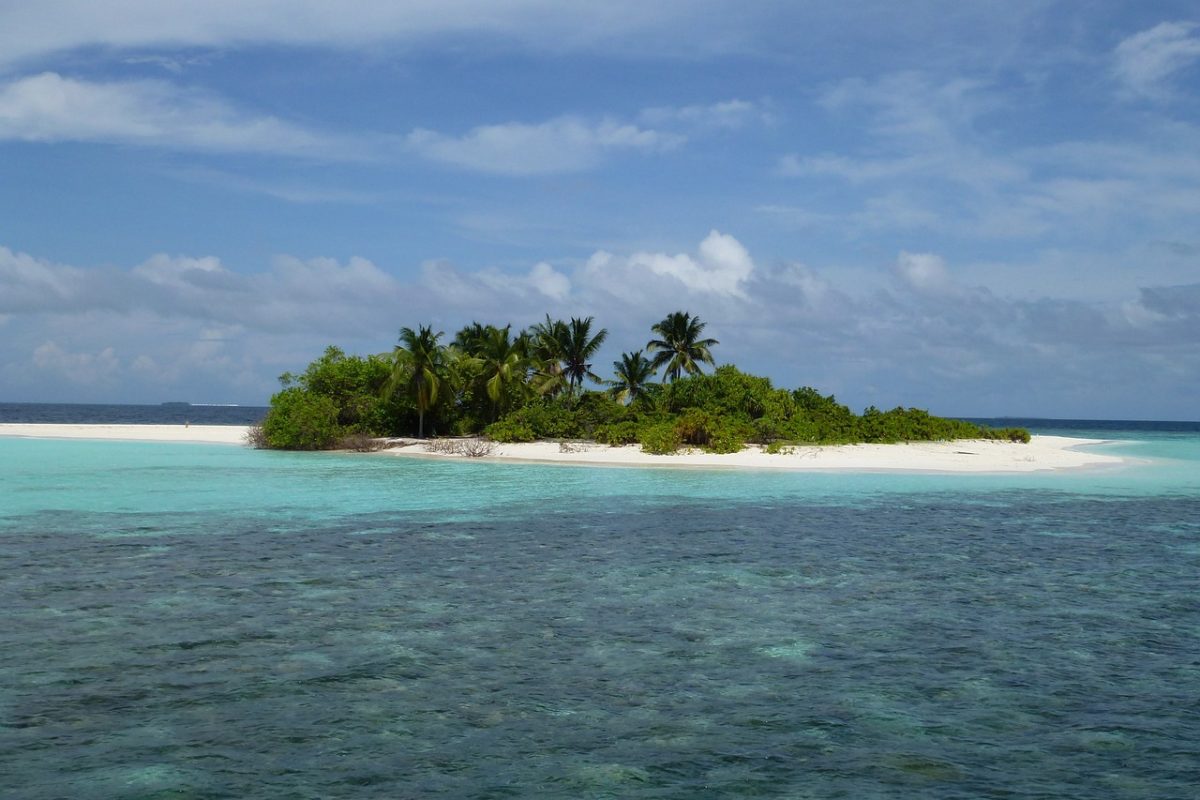Summary
- Election Outcome: Dr. Mohamed Muizzu, from the People’s National Congress, wins the 2023 Maldivian presidential election with 54% of the votes, defeating incumbent President Ibrahim Mohamed Solih.
- Foreign Policy Shift: Muizzu is seen as more China-aligned, contrasting with Solih’s India and Western-focused foreign policy, hinting at a significant reorientation in the Maldives’ international relations.
- Domestic Governance: Solih’s tenure was marked by democratic reforms and transparency. In contrast, Muizzu’s governance style might lean towards more centralized control, reflecting a change in domestic political management.
- Economic Policies: Under Solih, there was an emphasis on anti-corruption and transparency in economic dealings. Muizzu’s presidency may focus on attracting more foreign investments, possibly with a stronger Chinese influence.
- Social and Human Rights Policies: Solih’s government was more liberal, particularly in terms of speech and religious freedom. Muizzu’s administration might adopt a more conservative stance in these areas.
Details
Marking a significant shift in the Maldives’ political landscape, Dr. Mohamed Muizzu, representing the People’s National Congress, defeated the incumbent President Ibrahim Mohamed Solih. This outcome followed a second-round run-off against Solih, with Muizzu’s victory representing a potential change in the country’s domestic and foreign policies.
The socio-economic situation in the Maldives is influenced by its unique geographical and developmental challenges. Being a small island nation, the Maldives faces vulnerabilities such as dependence on tourism and fishing, susceptibility to global economic fluctuations, and environmental threats due to climate change. The COVID-19 pandemic has negatively impacted the tourism industry, which is a crucial part of the economy, leading to economic instability. The Maldives also deals with issues like income inequality, limited natural resources, and the necessity for sustainable development strategies that consider both economic growth and environmental conservation.

The country’s strategic location in the Indian Ocean adds to its geopolitical significance, influencing its foreign relations and economic policies, particularly in the context of growing international interest and investment from major powers like China and India. From a security standpoint, it is located on the sea routes that connect the Suez Canal and the Persian Gulf to the Straits of Malacca. These routes are important for global trade and China’s energy needs.
Noteworthy is that one of the first acts of the new administration was to formally request the withdrawal of Indian military personnel.


One thought on “Maldives: situational update”
Comments are closed.